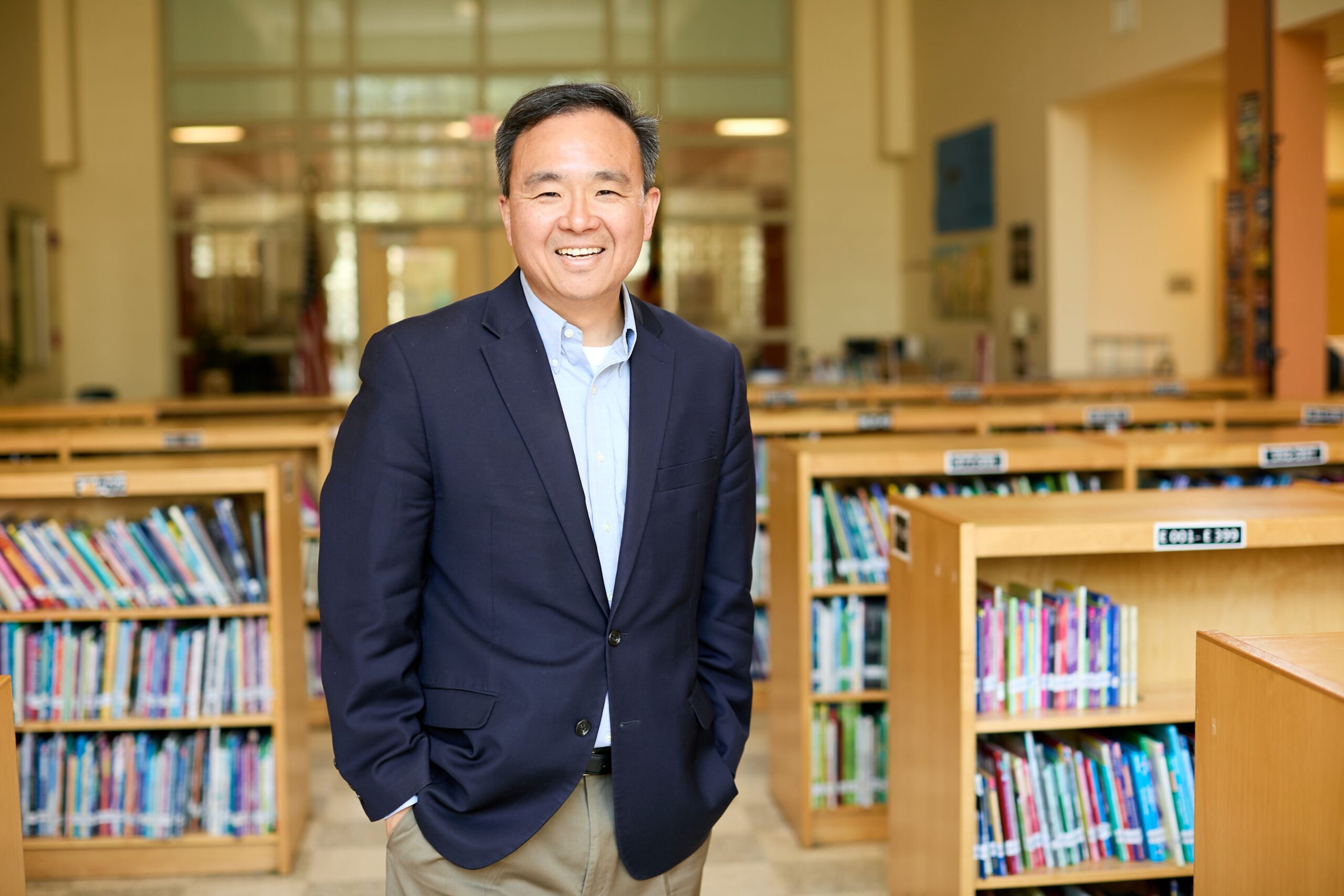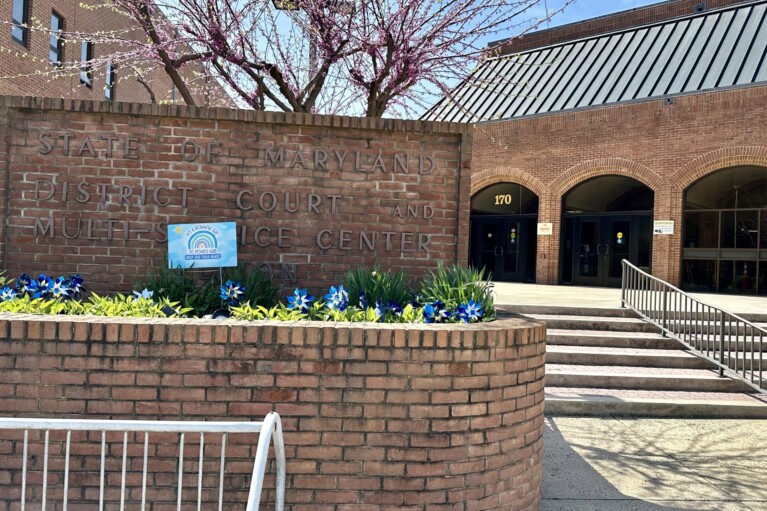New Research Network to Study Effects of Lowering Voting Age to 16 in Maryland Communities
Several Maryland municipalities have moved to allow 16-year-olds to vote in local elections in recent years — and a new research network launched this week aims to study how lowering the voting age affected those communities.
Takoma Park became the first city in the United States to lower the voting age to 16 in 2013 via a charter amendment. Since, Greenbelt, Hyattsville, Mount Rainier and Riverdale Park have lowered the voting age for local elections.
The Vote 16 Research Network, spearheaded by the University of Maryland, College Park, will look at how lowering the voting age affected voter turnout, election results and “other civic behaviors” in those communities, according to a news release from the school. In addition to the university’s Center for Democracy and Civic Engagement, College of Education and School of Public Policy’s Civic Engagement Center, the network’s founding members include:
- The cities of Hyattsville, Mount Rainier, Riverdale Park and Takoma Park
- Researchers from Rutgers University, the University of Kentucky, the University of Montana and Western Carolina University
- Generation Citizen, a voter and civics advocacy group
- Vote16USA, a campaign organized by Generation Citizen to support lowering the voting age
- And youth partners from Greenbelt, Takoma Park and Oakland, Calif.
Generation Citizen CEO Elizabeth Clay Roy credited Maryland municipalities with starting a nationwide conversation about lowering the voting age.
“We can think of no better way to advance this conversation than by bringing together the key leaders from Maryland’s pioneering cities — plus scholars and advocates who have shaped debate on the issue in other states — to pursue new research together,” she said in the release.
Sam Novey, the co-founder of Baltimore Votes who works with the University of Maryland’s Center for Democracy and Civic Engagement and who helped to convene the research network, said local leaders in Maryland are “top innovators” on lowering the voting age.
It’s assumed that voters who first participate while living with parents or guardians are more likely to vote when they live on their own as adults, Paul Brown, the director of the university’s Civic Innovation Center, said.




 Creative Commons Attribution
Creative Commons Attribution